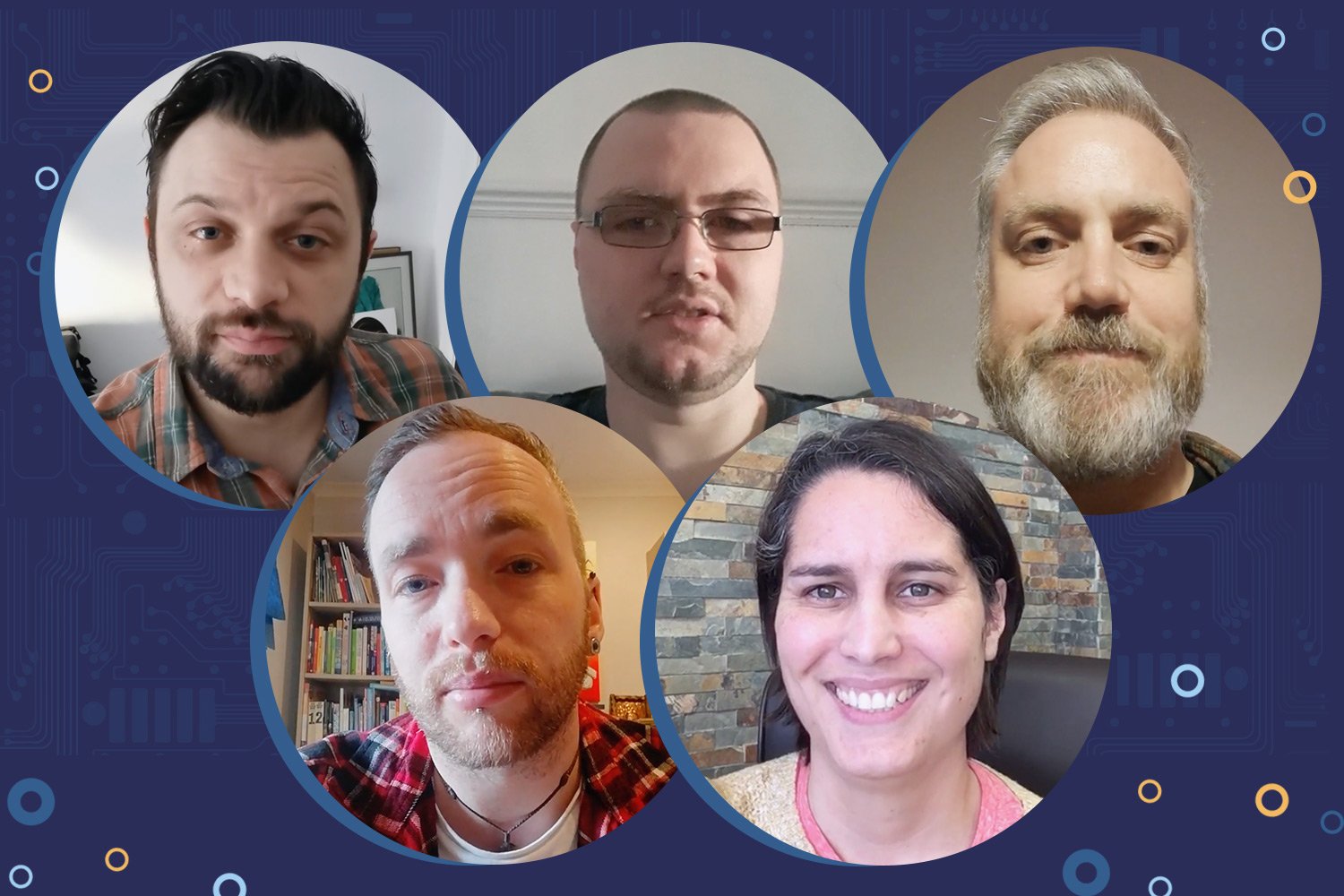

If you’re trying to build a solid group of devs that get along and learn from one another, this can be literally (in the “not actually literally, just really emphasizing the point” kinda way) poisonous. It’s really, really common to think that the sole purpose of a code review is to point out the problems in somebody else’s code. I don’t care how obvious this sounds, it needs to be said. If you’re not careful, you run the risk of misusing one of the most powerful relationship-building practices available to a development team.īelow are some of the lessons we’re building into Khan Academy’s code review culture, with special focus on new developers: And unlike their liberal arts counterparts, computer science students are being left woefully unprepared for this experience. Taking a close, editorial look at the product of a developer’s focused thoughts is kind of an intimate affair. Unfortunately, code reviews can also go very wrong. Code reviews are an important everyday tool for most tech teams, and I think they’re pretty much indispensable when absorbing the talents of a new developer.

I have code reviews on the brain as we build the Khan Academy team and prepare for our first class of summer interns.


 0 kommentar(er)
0 kommentar(er)
